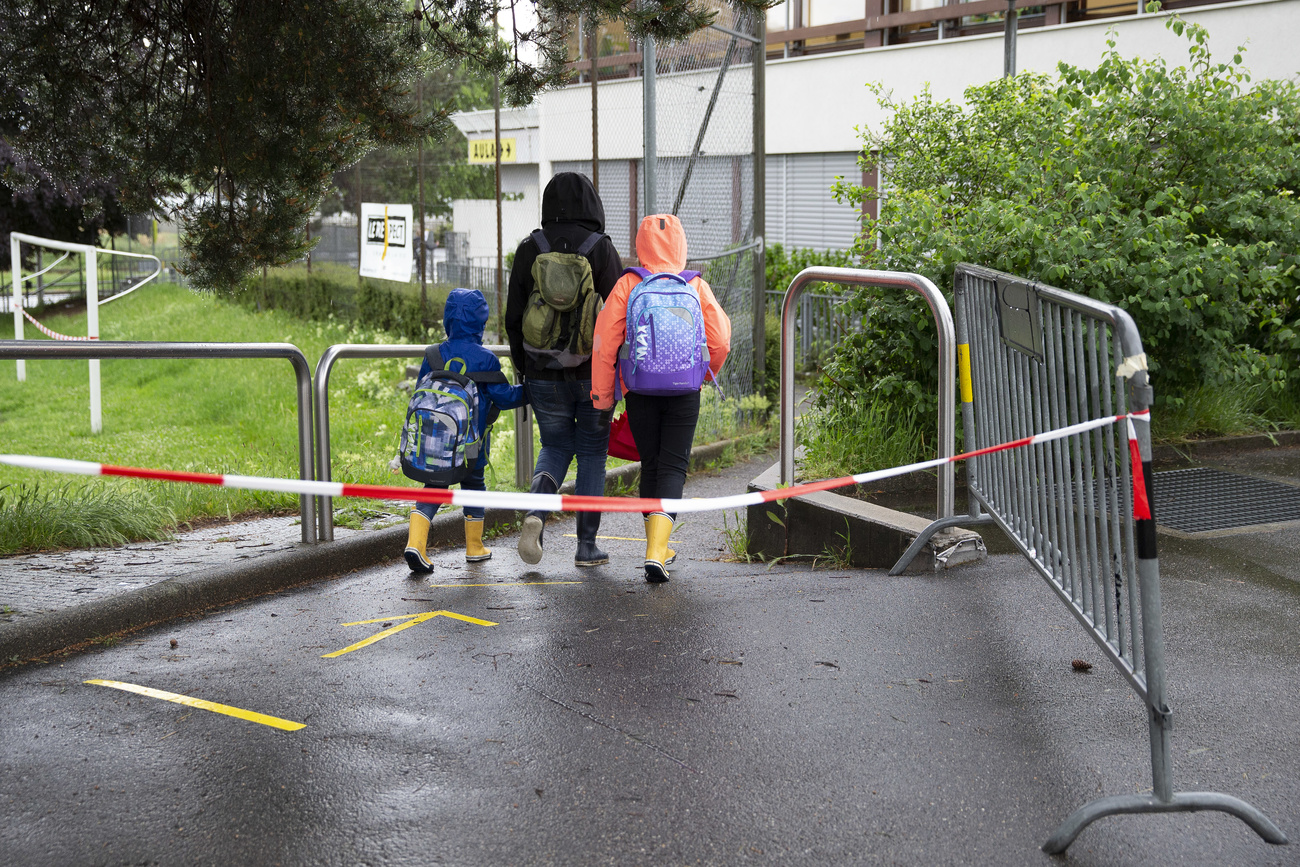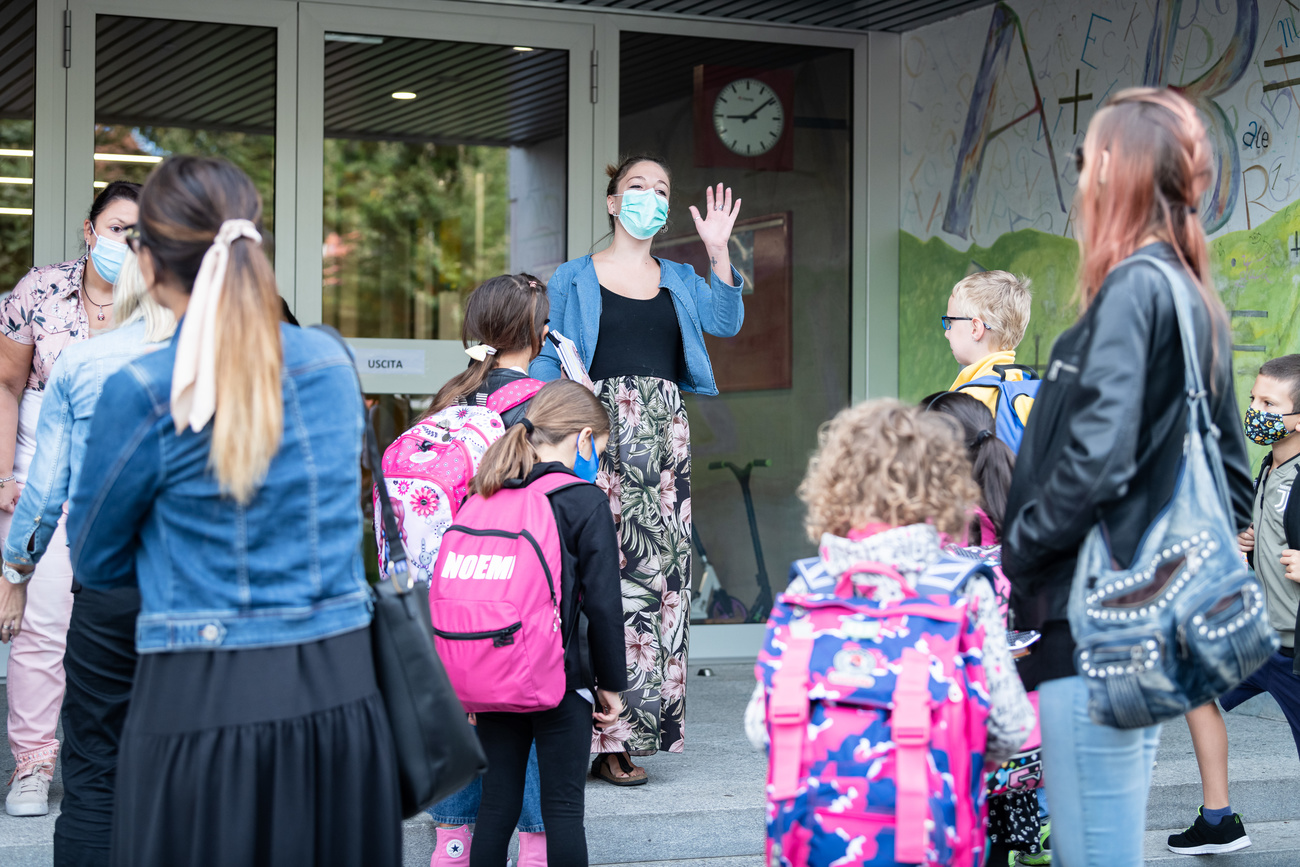
School closures cut Covid-19 infections, says study

The closure of Swiss schools in the spring of 2020 was one of the most effective measures to reduce travel and so the transmission of Covid-19, says a new study.
Researchers at the Federal Institute of Technology ETH Zurich found that the closure of schools reduced mobility by around a fifth, report Sunday newspapers Le Matin Dimanche and Sonntagszeitung.
“The closure of the schools reduced mobility by 21.6%,” ETH professor of computer science and management Stefan Feuerriegel, who led the study, told French news agency AFP.
The Swiss research team analysed 1.5 billion movements between February 10 and April 26, 2020, using data from Swiss mobile operators to assess the impact of measures against Covid-19 on mobility. All changes in postcode areas were taken into account.
According to the study, the ban on gatherings of more than five people reduced mobility by 24.9%, while the closure of bars, restaurants and other non-essential shops brought a drop of 22.3%, while school closures came just behind.
“If the schools are closed, we can hope for a big change in behaviour,” says Feuerriegel. “Not only do children stay at home, but sometimes it also means a change for the parents.”
Le Matin Dimanche says the study is likely to rekindle controversy over whether schools should be closed to combat the spread of Covid-19. While governments in Switzerland and elsewhere closed schools during the first wave of the pandemic, they have since sought to keep them open if possible.
Studies have suggested that school closures are harmful to the education particularly of younger children and increase inequalities between them. And while children are unlikely to develop serious forms of Covid-19, their role in spreading it remains unclear.

More
Study: closing primary schools harms educational equality

In compliance with the JTI standards
More: SWI swissinfo.ch certified by the Journalism Trust Initiative





























You can find an overview of ongoing debates with our journalists here . Please join us!
If you want to start a conversation about a topic raised in this article or want to report factual errors, email us at english@swissinfo.ch.